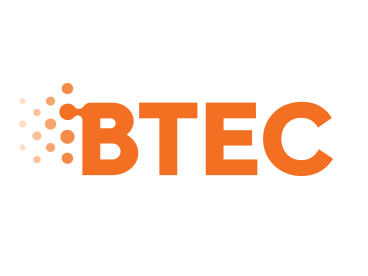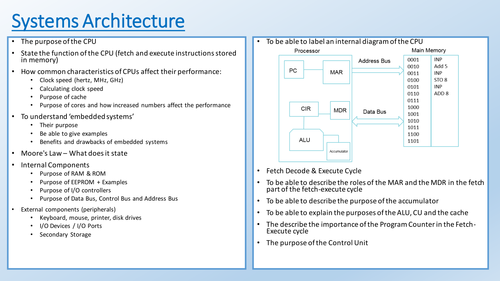Business, Computing & ICT Shop
Welcome to my TES shop, here you will find Computing and ICT related items which will be of use throughout the secondary context. Feel free to have a browse of the resources available, which include: -Individual Lessons -Full Schemes of work -Mock Exam Papers & Mark Schemes -Revision Plans All resources are available at a very reasonable price and have be used effectively to teach lessons. Enjoy!





















